Egyptian Hieroglyphs
This page lists all the various symbols in the Egyptian Hieroglyphs category.
The formal writing system used by the ancient Egyptians that contained a combination of logographic and alphabetic is called hieroglyphics. They began to develop this system around 3000 BC.The first hieroglyphs were used on buildings and tombs as a symbol of the sarcophagus of Tutankhamun. Ancient Egyptian writing uses more than 2,000 hieroglyphic characters.
Each hieroglyph represents a common object in ancient Egypt. Hieroglyphs included a series of words in the image. This could be the sound of the object or they could represent an idea associated with the object. The system consisted of several hundred words and was complex and time consuming.Visually hieroglyphs are all more or less figurative: they represent real or illusion elements, sometimes stylized and simplified, but all generally perfectly recognizable in form. However, the same sign can, according to context, be interpreted in various ways: as an ideogram as a logogram or as a phonogram.
Symbols in this category:
Akhet
The Egyptian language word Akhet is both a hieroglyph and an Ancient Egyptian season.
Ancient Egypt Cartouche
Ancient Egyptian Cartouche is a special glyph that gave information on birth dates of people with high statuses. They were made of oval shape and formed as a plaque structure.
Ankh
The ankh, also known as key of life, the key of the Nile or crux ansata (Latin meaning "cross with a handle"), was the ancient Egyptian hieroglyphic character that read "life", a triliteral sign for the consonants.
Ankh Symbol
The Ankh for the ancient Egyptians was the symbol (the actual Hieroglyphic sign) of life but it is a persistent icon that remains with us even today as a Christian cross.
Crocodile
The crocodile is one of nature’s premier predators; at home on land and in the water, crocodiles can remain motionless for hours while targeting prey, and their bite strength can reach over 3000 pounds of force per square inch. For these and other reasons, crocodiles have acquired a great deal of symbolism over the millennia.
Crook and Flail
Individually, these objects each carry noteworthy meaning, but together they are a millennia-old symbol of power and authority.
Frankincense
We’ve all heard the adage that appearances can be deceiving, and this is particularly true in the case of frankincense. Despite resembling lumps of dried earwax, this precious material has been prized for thousands of years, and it still plays important roles in the world today.
Hippopotamus
The hippopotamus is an extremely powerful animal, both on land and in the water. Its massive size and fierce demeanor, yet also its association with fertility, all contribute to its potent symbolic meaning.
Jackal
In certain parts of the world, the jackal often carries negative meaning, and some would argue that even the word “jackal” sounds harsh to the ears. This, however, is not the complete picture, and here we’ll examine some of these symbolic meanings and pinpoint specific aspects of the animal’s nature that has led humanity to classify jackals the way they have.
Lotus
In terms of symbolic importance, the lotus has achieved a status that has seldom been equaled by any flower. Its beauty, perfume and central place in many belief systems has made it a true monarch of the botanical world. It would be highly difficult to enumerate all the symbolic meanings of the lotus, so this article will provide a basic overview along with a few specific examples of cultures where the flower holds special significance.
Obelisk
The obelisk is an architectural feature that originated in ancient Egypt. Although simple in design, the crafting and transportation of these monolithic masterpieces was a highly involved process, and the form itself took on a number of important symbolic meanings.
Citation
Use the citation below to add this symbols category to your bibliography:
Style:MLAChicagoAPA
"Egyptian Hieroglyphs Symbols." Symbols.com. STANDS4 LLC, 2025. Web. 13 Mar. 2025. <https://www.symbols.com/category/14/Egyptian+Hieroglyphs>.

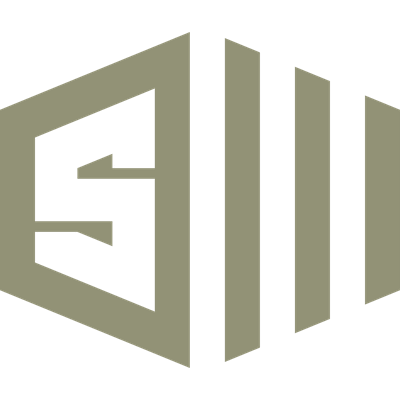
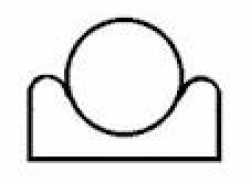
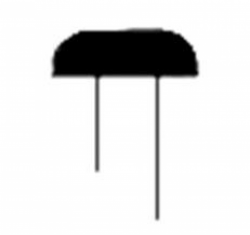
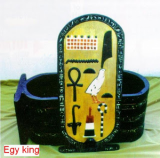
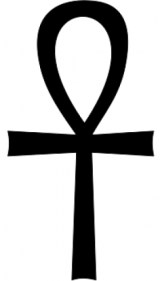
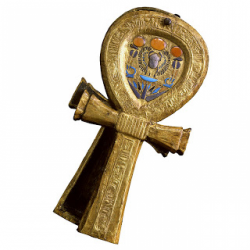

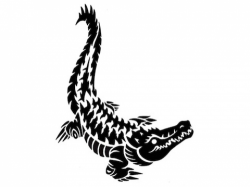
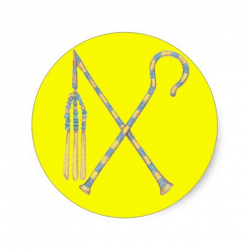



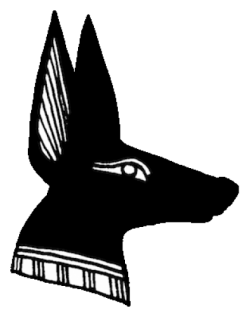
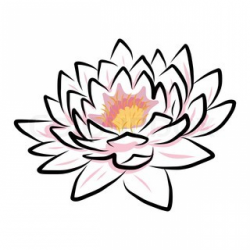
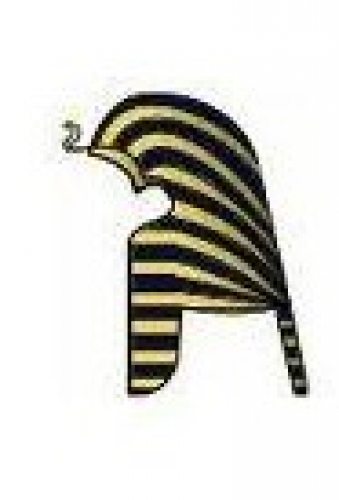
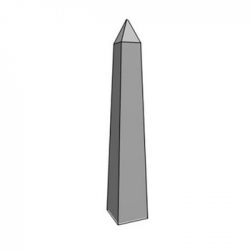




Have a discussion about the Egyptian Hieroglyphs category with the community:
Report Comment
We're doing our best to make sure our content is useful, accurate and safe.
If by any chance you spot an inappropriate comment while navigating through our website please use this form to let us know, and we'll take care of it shortly.
Attachment
You need to be logged in to favorite.
Log In